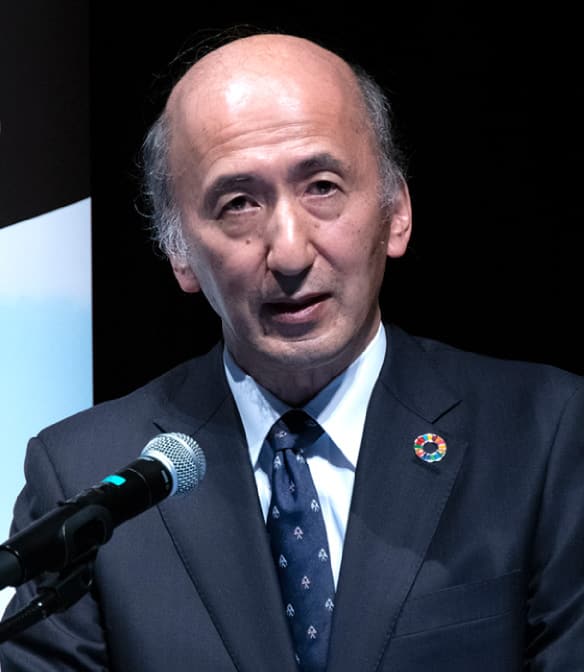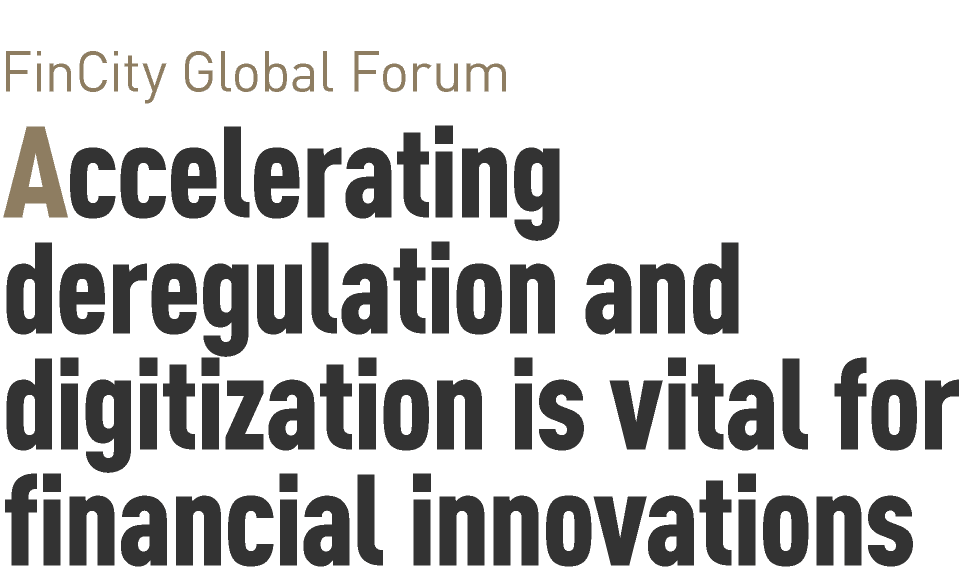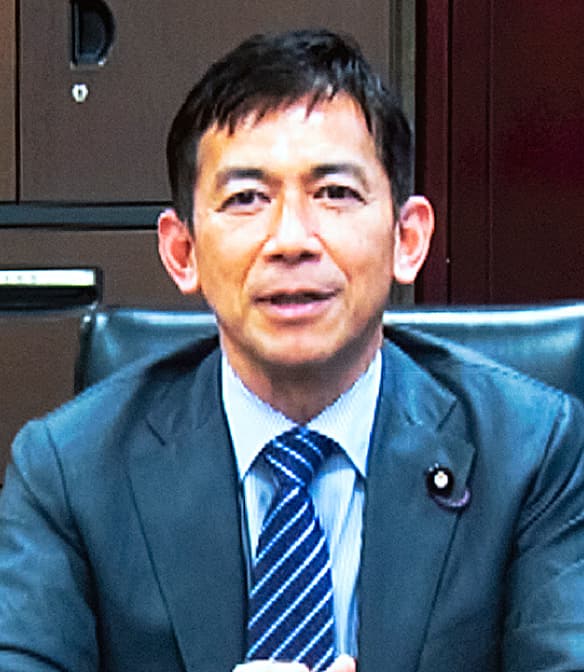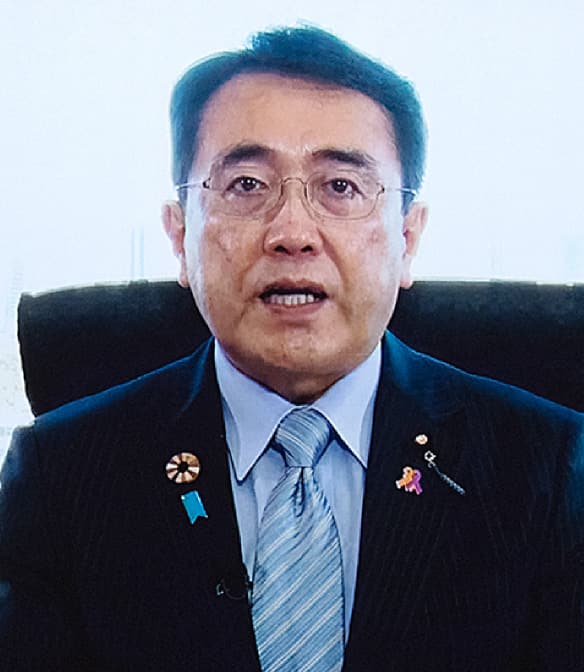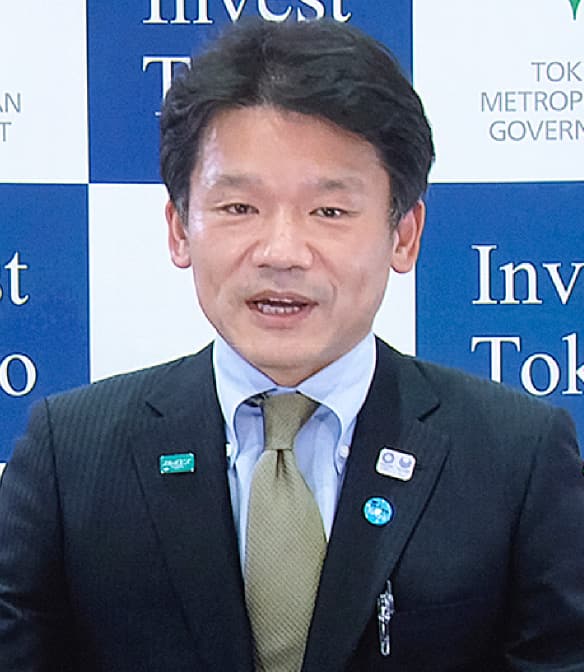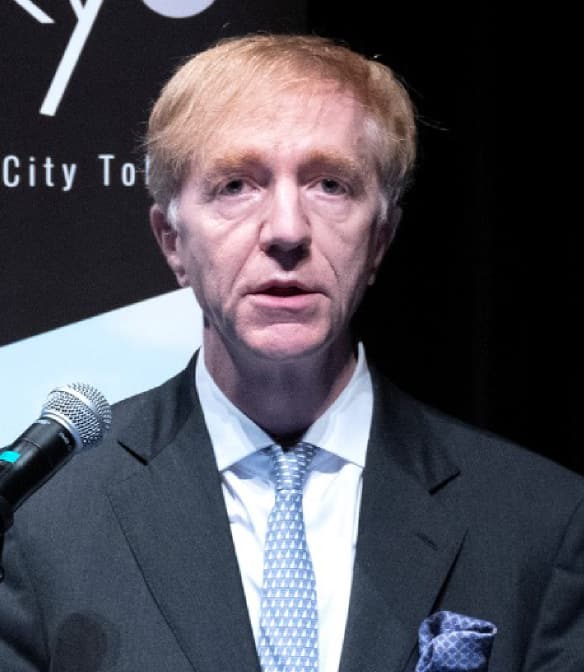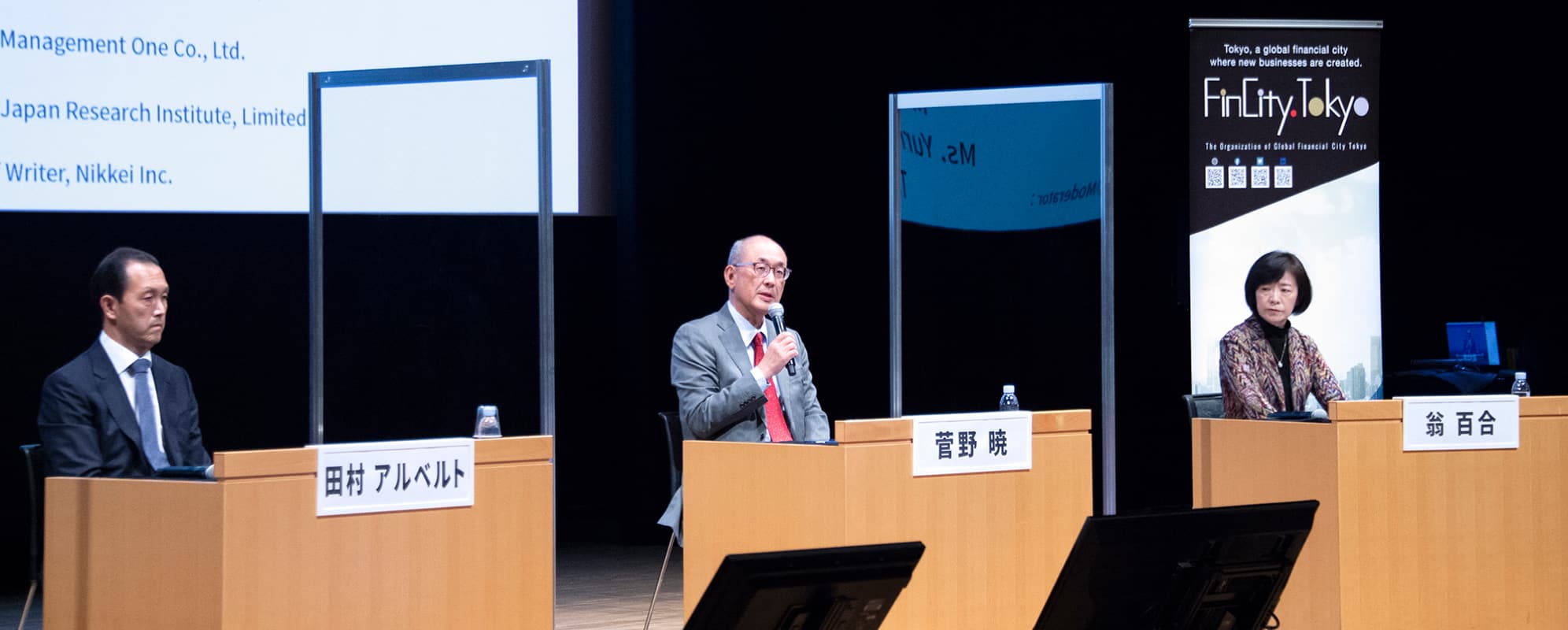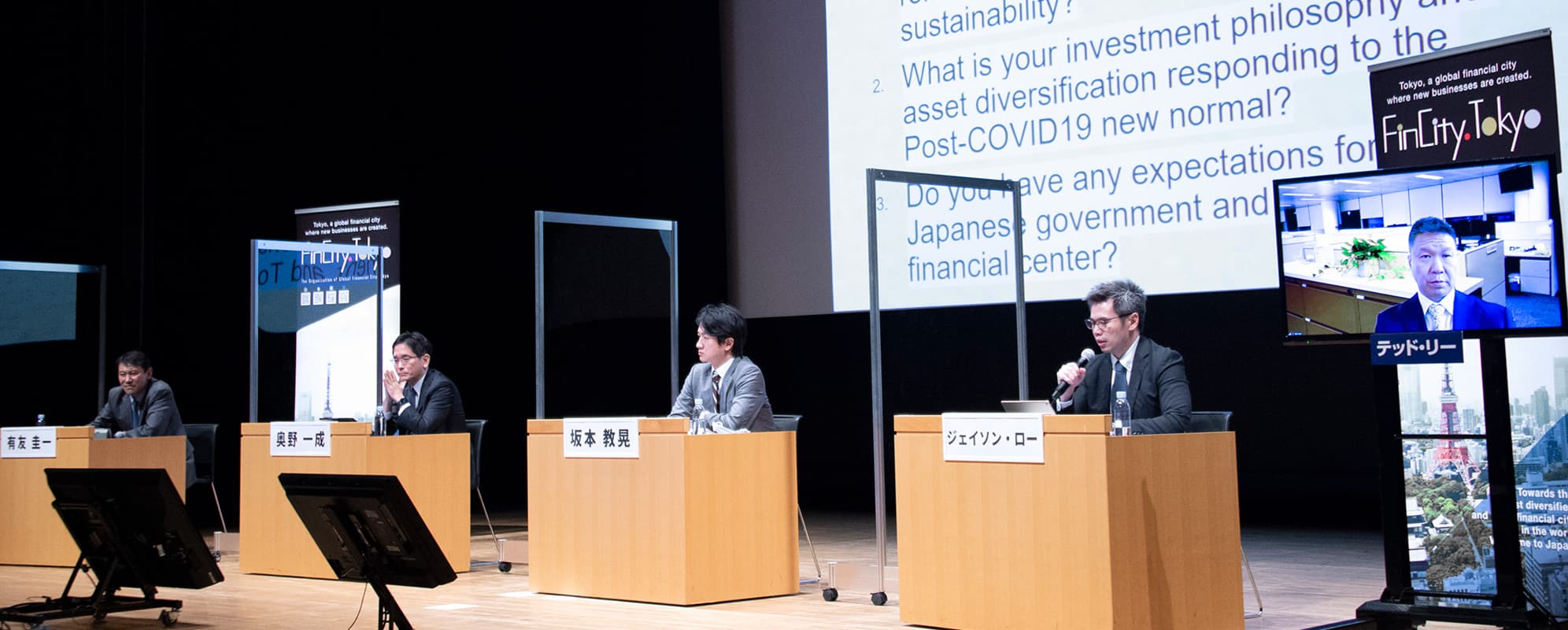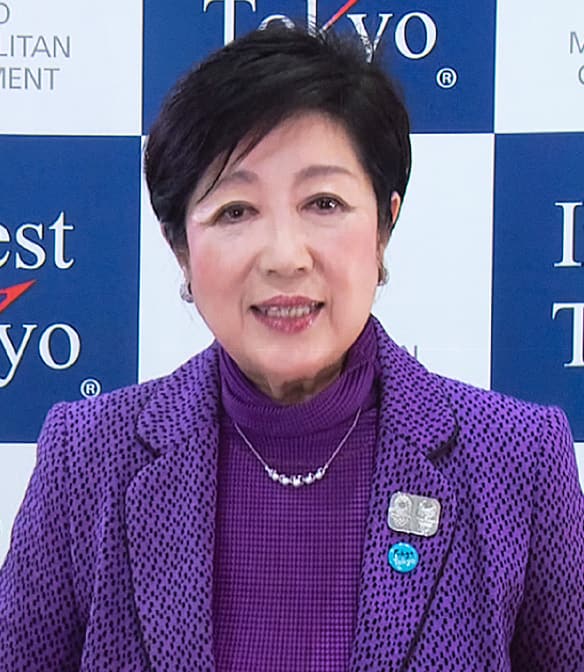“Advancement of industrial finance and promotion of
innovation through DX”
<Speakers >
Hiromi Yamaoka, Member of the Board, Future Corporation Chairperson, Digital Currency Forum Head, Future Institute of Research
Masuo Kuremura, Ministry of Economy, Trade and Industry, Economic and Industrial Policy Bureau, Industrial Funding Section Chief
Ichiro Sakata, Vice President and Director, Office for Management Planning, and Professor,
Graduate School of Engineering /Institute for Future Initiatives , University of Tokyo
Takehiko Nagumo, Deputy Division Head, Senior Managing Executive Officer, Mitsubishi UFJ Research and Consulting Co., Ltd.
<Moderator>
Hideo Tomita, Representative Director Refinitiv Japan K.K.
At the outset of discussion, Moderator Hideo Tomita cited four key words - DX, industry finance, innovation and Tokyo - and asked the panelists to offer their views and thoughts about them. As for DX, Masuo Kuremura said it is not that DX per se is important. He maintained that what is vital is to change the way companies are managed through DX to create new businesses. “We plan to bolster our policy efforts to improve the business environment for using data for creating added value,” he said.
Ichiro Sakata of the University of Tokyo, who was instrumental in the university’s issuance of the first university bond in Japan, said DX has shifted the main source of value from goods to knowledge and information, thereby ushering in a new era of knowledge intensive economy. “I’m keen to see more investment in intangible intelligence value,” he said. “We hope Tokyo, as an international financial city, will provide support for our efforts to build a market for university bonds.”
Hiromi Yamaoka said that the government’s policy responses to the pandemic have been focused on maintaining employment and ensuring the survival of businesses. He warned that this approach would lead to a “moral hazard” if it continues for long. The challenge, he said, is to figure out how industry finance should support the structural changes of the economy caused by the pandemic. Takehiko Nagumo said DX helps solve social problems caused by urbanization. “I hope financial institutions will perform their advisory roles in promoting smart cities. It is also crucial to stimulate a flow of digital experts from Tokyo to other parts of the nation,” he added.
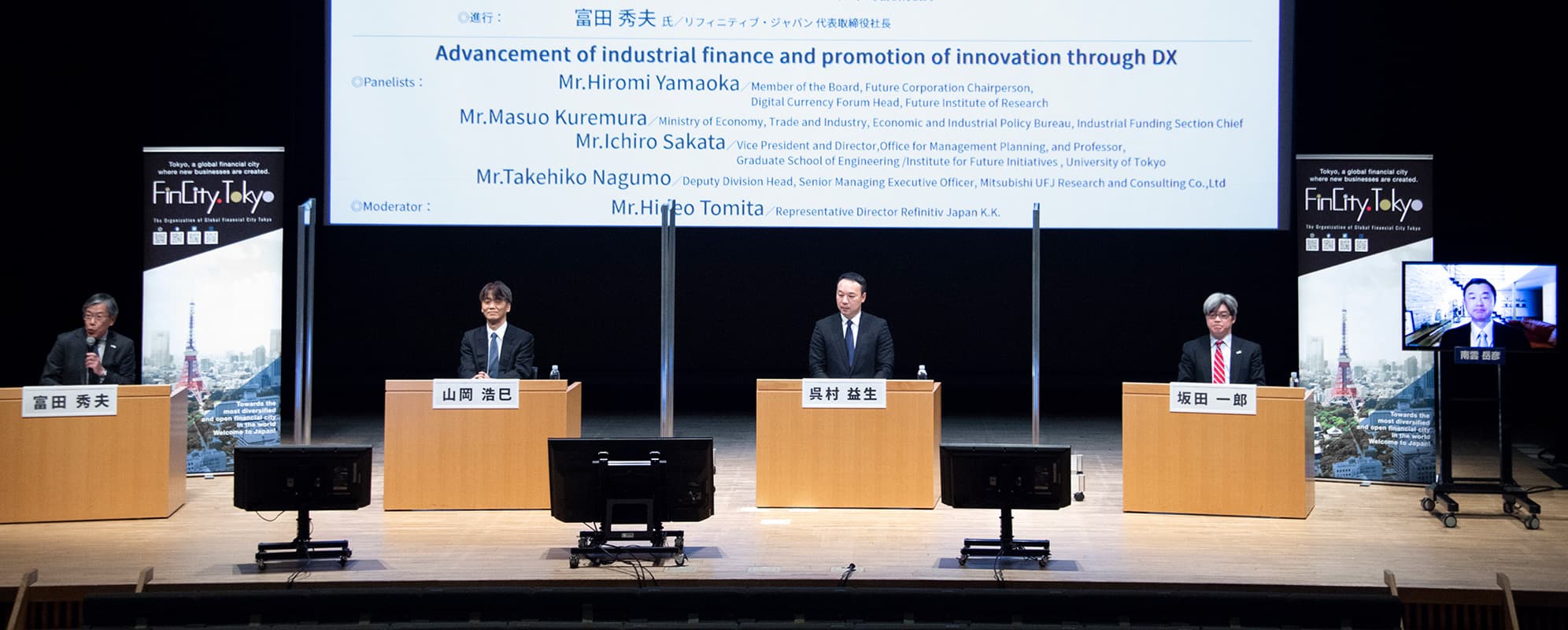
From left: Hideo Tomita, Hiromi Yamaoka, Masuo Kuremura, Ichiro Sakata, Takehiko Nagumo
